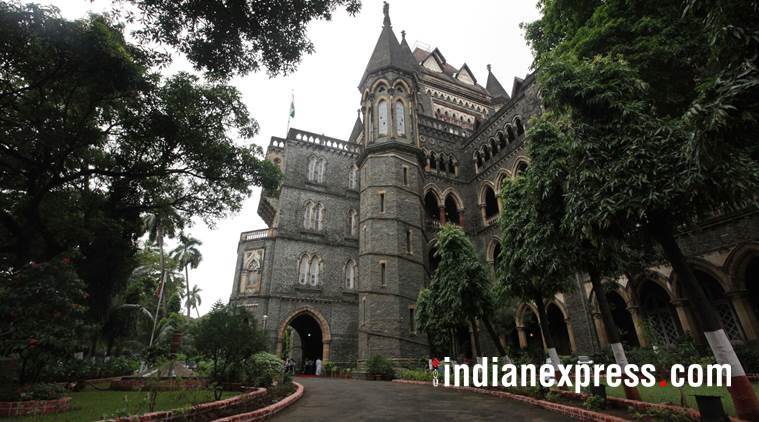 Bombay High Court (Express Photo by Pradeep Kocharekar/Files)
Bombay High Court (Express Photo by Pradeep Kocharekar/Files)
The Bombay High Court on Wednesday held the arrest of Punjab National Bank (PNB) fraud accused Kavita Mankikar in February “illegal”. She was arrested by the CBI in connection with the Rs 11,400-crore PNB fraud. The HC said that the CBI is liable for disciplinary proceedings for “flagrant violation” of the provisions of the Criminal Procedure Code.
According to the CBI, Mankikar was signing as the authorised signatory of the three firms of Nirav Modi Group, as per the instructions and assurance of Modi without knowing the facts or ramifications of her actions. She was arrested along with five others, including Vipul Ambani. Mankikar in her petition had said that she was arrested on February 20 at 8 pm by a male inspector of the CBI, violating Section 46 of the Criminal Procedure Code which says that no woman shall be arrested after sunset and before sunrise.
Her lawyers Vijay Agarwal and Yashwardhan Tiwari had argued extensively stating that her arrest was illegal and unconstitutional as it was a gross violation of the provisions of law. A division bench of Justice S J Kathawalla and Justice Bharati H Dangre, in its order, said, “No doubt true, Section 46 (4) of the Code itself carves out an exception incorporating the provision of obtaining written permission from the Judicial Magistrate First Class. The said procedure can be set into motion for dealing with such an exigency. However, the CBI has failed to demonstrate any such exercise being undertaken.”
The court held, “Where a statute mandates that no woman shall be arrested after sunset and before sunrise and the arrest of a person when she is a woman has to be made by police officer, who is a female, the provisions of the statute cannot be simply ignored. Resultantly, any arrest which is made in violation of provisions contained in the Code shall be liable to be termed as not in accordance with the Code and thus, illegal.” The court also held that no mandate was followed by the CBI while arresting Mankikar. The court observed, “The precious guarantee of ‘Life and Liberty’ as enshrined in Art. 21 of Constitution of India available to a citizen of this country cannot be denied to a convict, an accused in custody and surely not to a suspect who is sought to be converted to an accused on investigation and then from an accused to a convict on trial. It is an obligation upon State to ensure that there is no infringement of indefeasible right of citizen to life and liberty, which he cannot be deprived of without following the procedure established by law.”
The court held, “Any deviation from the prescribed procedure in the matter of arrest can therefore, be not countenanced and is liable to be declared as illegal.” The bench held that the CBI, in arresting Mankikar in the evening on February 2, had violated and shown “utter disregard to Section 46(4) of Code of Criminal Procedure”. “The officers of the respondent CBI who are responsible for the flagrant violation of the said provisions are liable for the disciplinary proceedings. The competent authorities are at liberty to initiate such an action against the erring officers, so that officers from such a responsible agency shall deter from committing such an overtact of violation of the statutory provisions, which aim at ensuring an individual’s life and liberty and depriving the same in accordance with the procedure prescribed by law. The competent authorities are at liberty to initiate disciplinary proceedings against the erring officers, for flagrant violation of the statutory provisions.”
The court asked the CBI to pay cost of Rs 50,000 to Mankikar within eight weeks and gave the agency the liberty to recover it “from erring officer/s responsible for violations, as may be concluded after disciplinary proceedings.”